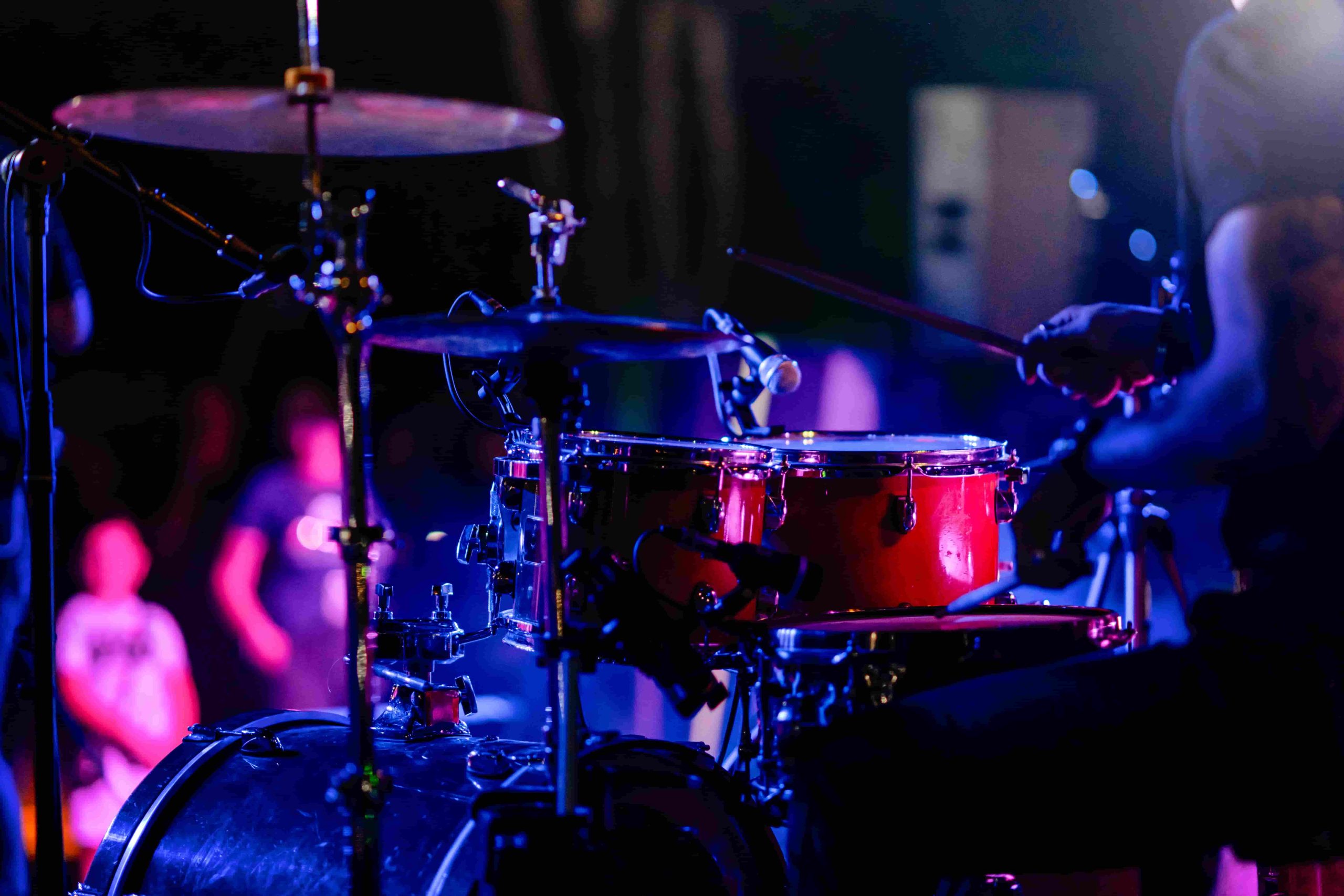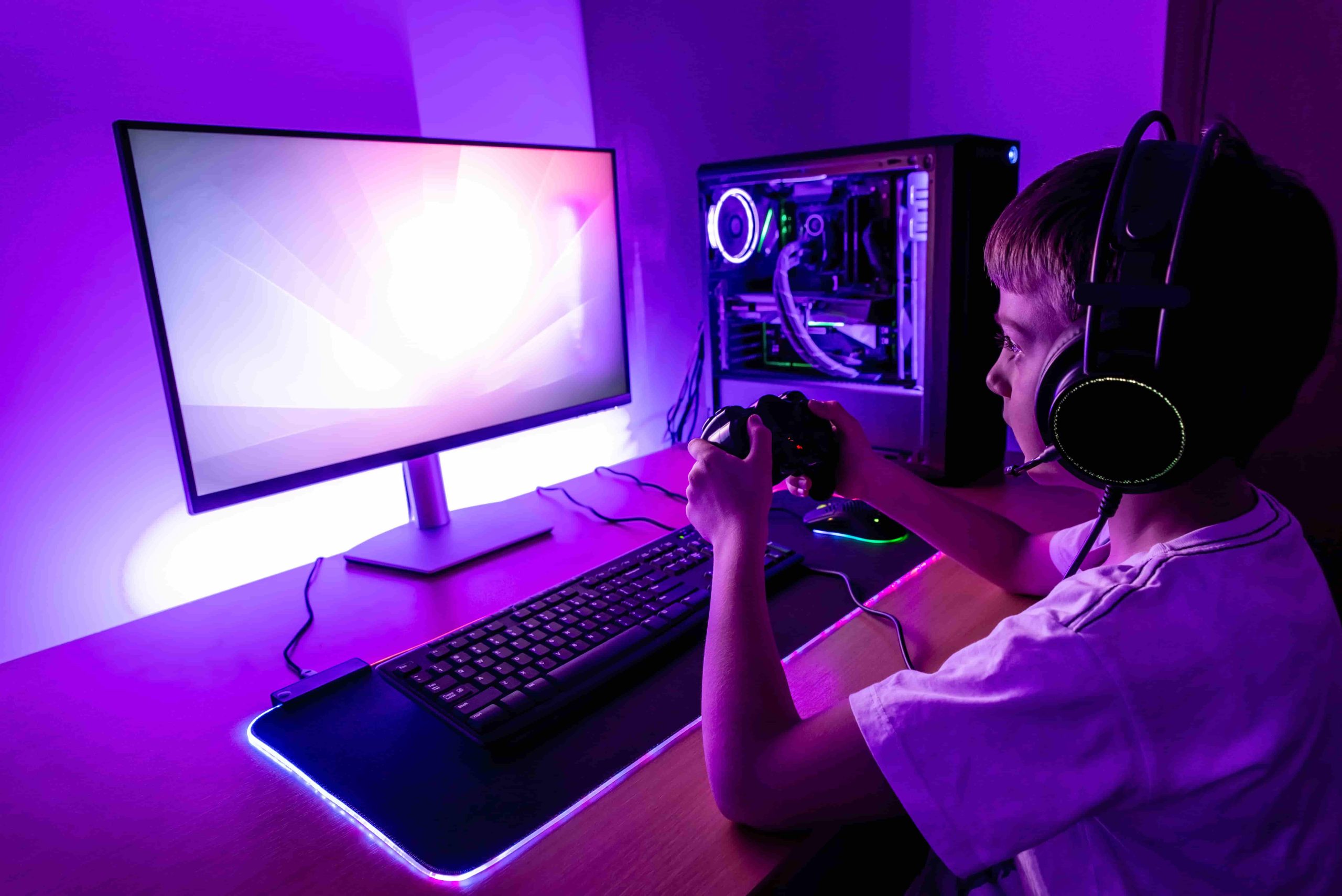
Digital marketing in the entertainment sector
This type of marketing has undergone an unprecedented transformation in recent years
With the rise of digital platforms and social media, the way entertainment companies interact with their audience has evolved significantly.
Digital Marketing in the Entertainment Sector
- Digital marketing in the entertainment industry
- Viral content creation and engagement
- Using influencers and affiliate marketing
- SEO and content marketing strategies.
- Digital advertising and social media campaigns
- Virtual events and live broadcasts.
- Using influencers and affiliate marketing
- Trends and future of digital marketing in entertainment
- It's time to RISE in the right direction!
From the creation of viral content to the strategic use of influencers, TV shows, music, live events and much more. That’s why, in this content you’ll gain a better understanding of how digital marketing is revolutionizing the entertainment industry and the various strategies employed to captivate audiences and generate impact.

Digital marketing in the entertainment industry
From launching exclusive trailers on social media to creating interactive advertising campaigns, entertainment companies are adopting innovative approaches to reach their followers. The key to success lies in understanding the target audience and adapting to the digital platforms they frequent.
Effective strategies
Below, you’ll find 3 ways to best drive your strategy:
rands should create high-quality content targeted to specific segments of their audience.
For example, Spotify personalizes playlists and shares playback statistics with its users, generating a close bond.
Similarly, online casinos develop unique experiences tailored to each market, such as Spanish-language pages from Mexico for their users in that country.
by implementing these strategies, companies can obtain valuable feedback directly from their audience. Interaction with users reveals that personalization of services and quality of content influence recommendations.
Sharing content on social networks has become the digital equivalent of word-of-mouth recommendation.
influencer marketing has gained popularity. According to studies, 17% of users buy products after seeing them in influencer posts.
In addition, the COVID-19 pandemic has accelerated the digitization of the entertainment industry, with streaming platforms, e-commerce and social media as key channels to reach audiences.
Viral content creation and engagement
Companies are constantly looking to generate content that captures audience attention and is widely shared online. This can include everything from short videos and memes to viral challenges and interactive content.
By encouraging user engagement and creating unique experiences, brands can increase their visibility and reach new audiences organically.
Below are some tips and strategies to increase your online presence and make your content go viral – pay attention!
Understand your
audience
Create innovative and relevant content
Brand promotion and engagement
Follow current
trends and topics
Encourage participation and engagement
Using influencers and affiliate marketing
These public figures have a loyal follower base that trusts their recommendations and opinions. By partnering with relevant influencers , brands can amplify their reach and generate interest in their products.
In addition, affiliate marketing allows companies to collaborate with influencers to promote their products in exchange for a commission on each sale generated, creating a powerful incentive for both parties. However, do you know what each consists of?
Influencer marketing
Involves collaboration between brands and content creators on social networks to leverage their popularity, reach and credibility. The goal is to influence people's consumption habits and purchasing decisions.
How does it work? Brands partner with influencers who have a relevant audience and ask them to promote their products or services. Influencers can create sponsored content on their social networks, blogs or websites.
What are the benefits?
- Broad reach.
- Audience segmentation.
- Increased engagement.
What does it look like? For example, a beauty influencer promoting makeup products on her YouTube channel.
Affiliate marketing
This is performance-based, where affiliates, either individuals or companies, receive commissions for promoting products through affiliate links.
How does it work? Affiliates promote products on their websites, blogs or social networks. When users click on the links and perform an action, such as a purchase, affiliates earn a commission.
What are the benefits?
- Lead generation
- Focus on direct sales.
What does it look like? For example, a blogger sharing an affiliate link for a product on their website.
SEO and content marketing strategies.
By optimizing content for search engines and creating a solid content strategy, brands can improve their online visibility and drive qualified traffic to their digital platforms. This can include blogging, producing SEO-optimized videos and implementing entertainment-relevant keywords.
However, both trenches are closely related, but have different approaches, what are they?
SEO
Seeks to improve the visibility of web pages in organic search engine results. It focuses on attracting clicks from visitors relevant to the website by optimizing content and structures.
Main SEO strategies:
- Topic and keyword selection: this is the identification of keywords relevant to the business.
- Creating valuable and original content: this is the development of informative content that meets the needs of users.
- Link building: this consists of generating quality links to the website to increase its authority.
Content Marketing
This focuses on creating, publishing and distributing relevant content for a specific audience.
Its main objective is to attract customers in a non-intrusive way by delivering valuable and useful content.
Benefits:
- Sustained lead generation : despite requiring more initial effort, it generates three times more leads than traditional strategies such as list buying.
- Reduced long-term cost: although it involves an initial investment in specialists and resources, it is less costly in the long run and sets companies up for a predictable flow of leads.
How are the two trenches related?
Although they are different, content marketing and SEO complement each other because both work together to improve online visibility, attract relevant traffic and strengthen brand recognition.
While SEO seeks to get clicks in organic results, content marketing focuses on building lasting relationships with customers through various content formats.
Digital advertising and
social media campaigns
Online advertising platforms allow brands to reach specific audiences based on their interests, demographics and online behaviors. Whether through video ads, banner ads or sponsored content, companies can create customized campaigns that generate impact and increase audience engagement.
The main platforms to carry out a successful strategy are, of course Facebook, Instagram, LinkedIn, X, TikTok, and so on.
This action consists of promoting your brand, products or services on social media platforms in exchange for a monetary investment in the form of ads. You can design advertising campaigns with specific objectives, a specific budget and a segmented audience according to your needs.
It is divided into three levels:
- Campaign: here you set the overall objective of your advertising campaign.
- Ad set: you define the target audience, the ad placement and the budget for each ad set.
- Individual ad: this is the lowest level, where you create the specific ad content that will be shown to your audience.
There are three:
- Precise targeting that allows you to target specific users based on their interests, location, demographics, among others.
- Affordable costs compared to other advertising media, social media advertising tends to be cheaper.
- Better ROI, by reaching your ideal audience, you are likely to get better results in terms of conversions and engagement.
There are two:
- High competition can result in ad saturation on some platforms.
- Constant updates to social media algorithms can affect the visibility of your ads.
- Facebook and Instagram: use the same Business Manager for ad creation and management.
- LinkedIn: ideal for B2B and professional networking .
- TikTok: popular witha young audience.
- X: effective for real-time ads.
- Pinterest: perfect for visual products.
- YouTube: ideal for promoting videos.
- Snapchat: appealing to younger audiences.
- Product ads with engaging images.
- Sponsored stories on Instagram.
- Video advertising on YouTube.
- Promotion of events or discounts.
Virtual events and live broadcasts.
With the growth of digital technology, virtual events and live broadcasts have become an integral part of marketing in the entertainment sector From online concerts to virtual movie premieres, brands are leveraging digital platforms to reach fans around the world.
These immersive experiences allow companies to interact directly with their audience and create meaningful connections through the screen.
Live streaming represents an essential strategy in digital marketing. Through these live broadcasts, companies can promote and offer real-time information about their products or services.

What are they for?
Apart from encouraging in a more direct way the interaction with users, here are some more interesting facts for you:
Strengthening the relationship with customers
live broadcasts facilitate closer and more personalized communication , which helps to consolidate trust between the company and its audience. This approach is particularly relevant in the context of inbound marketing
Generation of valuable content
through live streaming, your brand has the opportunity to offer quality content and establish an immediate interaction with the audience. This, in turn, increases traffic to your digital platforms.
Broad dissemination across multiple platforms
live broadcasts can be shared across multiple social networks and platforms, ensuring that all your customers can access the same information without the need to switch applications.
Virtual events
these represent a powerful tool to give visibility to your company and stand out in a competitive market. Through these events, it is possible to generate brand awareness, share ideas and establish direct communication with your target audience.
Analítica y medición de impacto en el entretenimiento
Companies use data analytics tools to evaluate the performance of their campaigns, measure user engagement and better understand the preferences of their audience. This allows them to adjust their strategies in real time and optimize their digital marketing ROI.
Technology has profoundly transformed the way we consume entertainment, impacting everything from music and movies to video games and social media.
Using influencers and affiliate marketing
These public figures have a loyal follower base that trusts their recommendations and opinions. By partnering with relevant influencers , brands can amplify their reach and generate interest in their products.
In addition, affiliate marketing allows companies to collaborate with influencers to promote their products in exchange for a commission on each sale generated, creating a powerful incentive for both parties. However, do you know what each consists of?
Impact of technology on music and film production
Previously, artists and directors relied on expensive studios and specialized equipment, but today, the use of music production and video editing software makes it possible to create high-quality content from home environments.
Technology has also facilitated new ways of distributing and promoting music and film. Online streaming platforms such as Spotify and Netflix have transformed the way we access this content, providing instant access to a wide range of options and giving independent artists and emerging filmmakers the opportunity to reach global audiences.

Technological influence on video games
In addition, technology has facilitated the creation of online communities of gamers, allowing interaction and competition between people around the world. Online gaming and eSports have become a popular form of entertainment, attracting millions of fans and giving rise to a multi-billion dollar industry.

Trends and future of digital marketing in entertainment
With technological advances such as virtual reality (VR) and augmented reality (AR), companies will have the opportunity to offer even more immersive and personalized experiences to their audience.
In addition, artificial intelligence is expected to play an increasingly important role in personalizing content and automating marketing campaigns.
According to Kantar’s Media Trends & Predictions report , some of the most prominent trends that will shape 2024 are as follows:
- Ad-supported streaming
Streaming platforms will continue to offer free ad-supported content to keep users engaged.
- Measuring content success
Traditional metrics such as views and clicks will no longer be sufficient. Companies will focus on more relevant metrics such as audience retention and active interaction.
- Segmentation and AVOD revolution
Advertisers will increasingly rely on segmentation to reach specific audiences. In addition, the AVOD (video-on-demand advertising) revolution is expected to continue to expand, providing opportunities for content monetization.
- Artificial intelligence (AI)
The industry will have to face the challenges and take advantage of the opportunities presented by the adoption of artificial intelligence, improving personalization, content recommendations, and advertising effectiveness.
- Integration of multiple data sources
Combining data from various sources will enhance audience understanding. This will allow companies to have a better view of user behaviors and preferences.
For its part, the future of marketing in entertainment, also highlights other trends such as personalization, the use of social networks, collaborations with influencers, the adoption of innovative technologies and a greater focus on social responsibility.
It's time to RISE in the right direction!
From creating viral content to strategically leveraging influencers, live events and more, at SUBE, you’ll find that digital marketing is revolutionizing the entertainment industry.
Get ready for an exciting experience! Learn about effective strategies that will help you reach your audience more effectively, from producing tailored content to getting instant feedback in the digital environment.
Schedule an appointment right now and discover the universe of possibilities that await your company.


